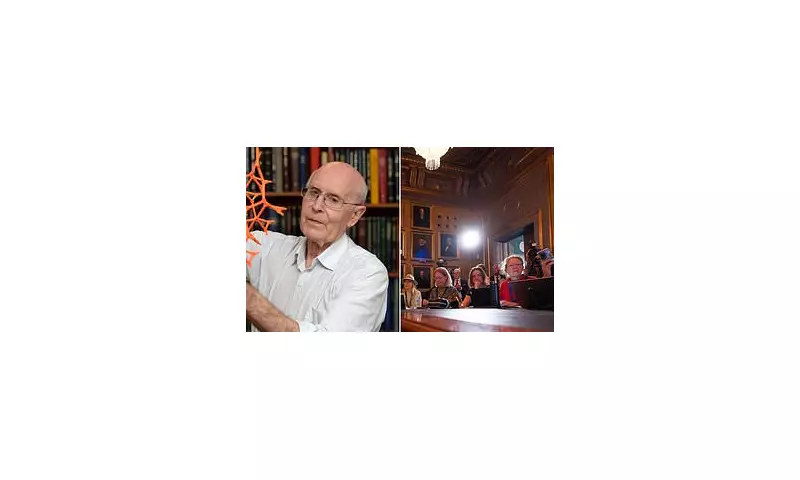
In what could become Australia's most significant scientific achievement, researchers at the University of Melbourne are pioneering revolutionary molecular technology that has placed them firmly in the running for the Nobel Prize in Chemistry.
The Nobel Dream Down Under
Professor Richard Robson and his team have developed extraordinary molecular 'machines' capable of targeting specific DNA sequences with unprecedented precision. This breakthrough represents a quantum leap in molecular engineering that could transform medical treatments and genetic research worldwide.
Revolutionary DNA Technology
The Melbourne-based research focuses on creating molecular structures that can identify and bind to particular DNA sequences, opening new frontiers in gene therapy, drug delivery, and diagnostic medicine. Professor Robson's work builds upon the 2016 Nobel Prize-winning research in molecular machines but takes the concept into entirely new territory.
What makes this research particularly remarkable:
- Precision targeting of specific genetic sequences
- Potential applications in treating genetic diseases
- Non-invasive approaches to drug delivery
- Compatibility with existing medical technologies
Australia's Nobel Ambitions
While Australia has celebrated Nobel laureates in various fields, the country has never claimed the Chemistry prize. The University of Melbourne team's groundbreaking work represents the nation's strongest bid yet for this prestigious scientific honour.
Professor Robson, speaking about the research, emphasised the collaborative nature of the project. "This isn't just about one person or one team - it's about pushing the boundaries of what's possible in molecular science and creating tools that could benefit humanity for generations to come."
Global Scientific Impact
The international scientific community has taken notice of the Melbourne breakthrough, with peer institutions describing the research as "transformative" and "game-changing." The technology developed by Professor Robson's team could potentially revolutionise how we approach everything from cancer treatments to genetic disorders.
As the Nobel committee begins its deliberations for the upcoming awards season, all eyes are on Melbourne and the remarkable scientific advances emerging from Australian laboratories. This research not only positions Australia at the forefront of chemical innovation but also demonstrates the country's growing influence in global scientific discovery.





